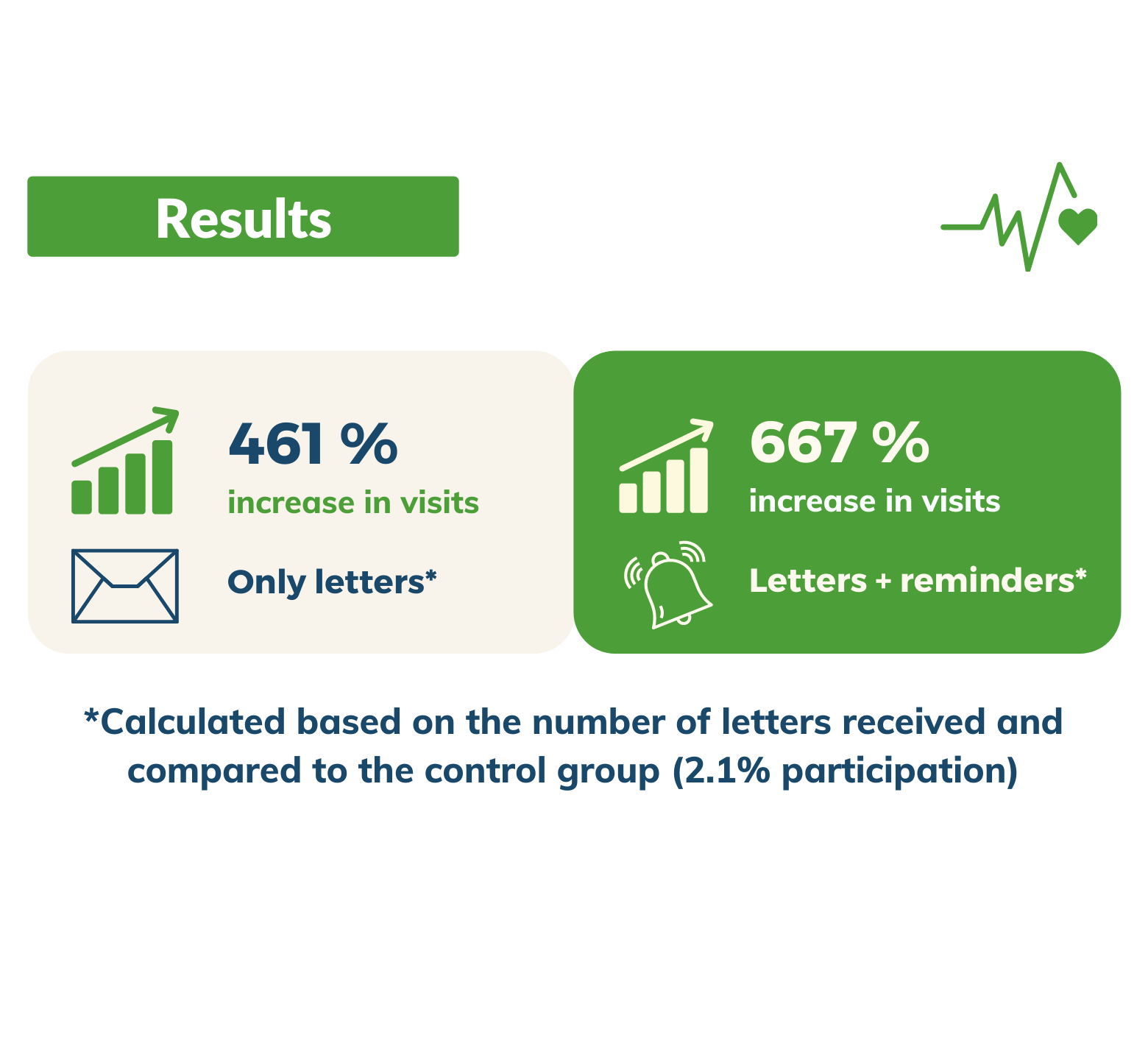The experiment was aimed at the prevention, early detection, and management of non-communicable diseases at the primary health care level by increasing the take -up rate of free cervical cancer screenings for women aged 30-60. The trial was implemented in Shirak, one of the poorest regions of the Republic of Armenia. Based on the primary research, it was hypothesized that one of the reasons women don't voluntarily show up at their general practitioner en masse to be prescribed the free screening, was the lack of information on the service itself.
The Lab sent personalized letters signed by general practictioners to women inviting them to the screening at a given date. The experimental groups were exposed to 3 types of interventions (nudges) and the results were juxtaposed against the control group that received no invitation.
The experiment was carried out within the framework of "Innovative Solutions for SDG Implementation in Armenia" project funded by the Russian Federation and implemented in close partnership with the Government of Armenia.
The paper is available here.





